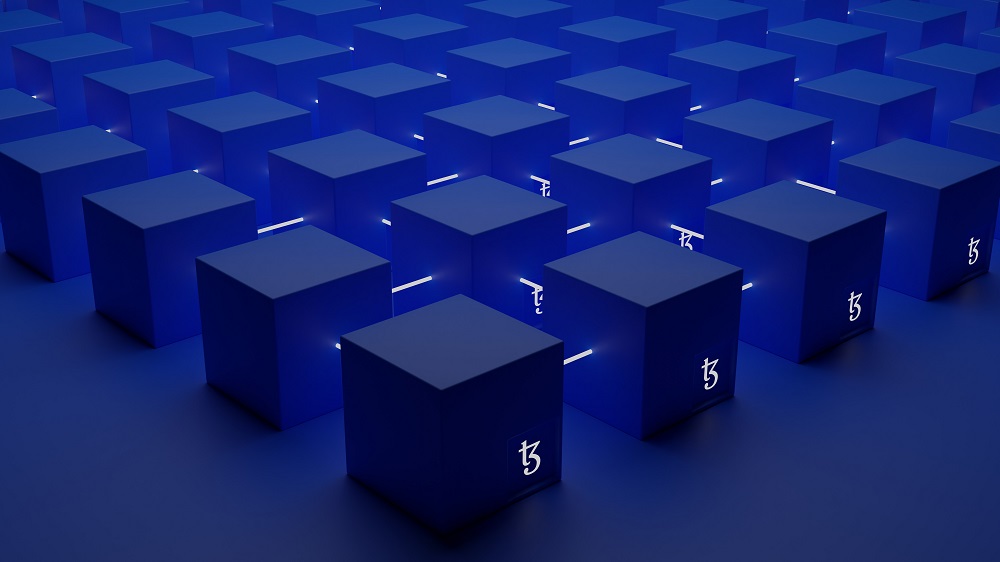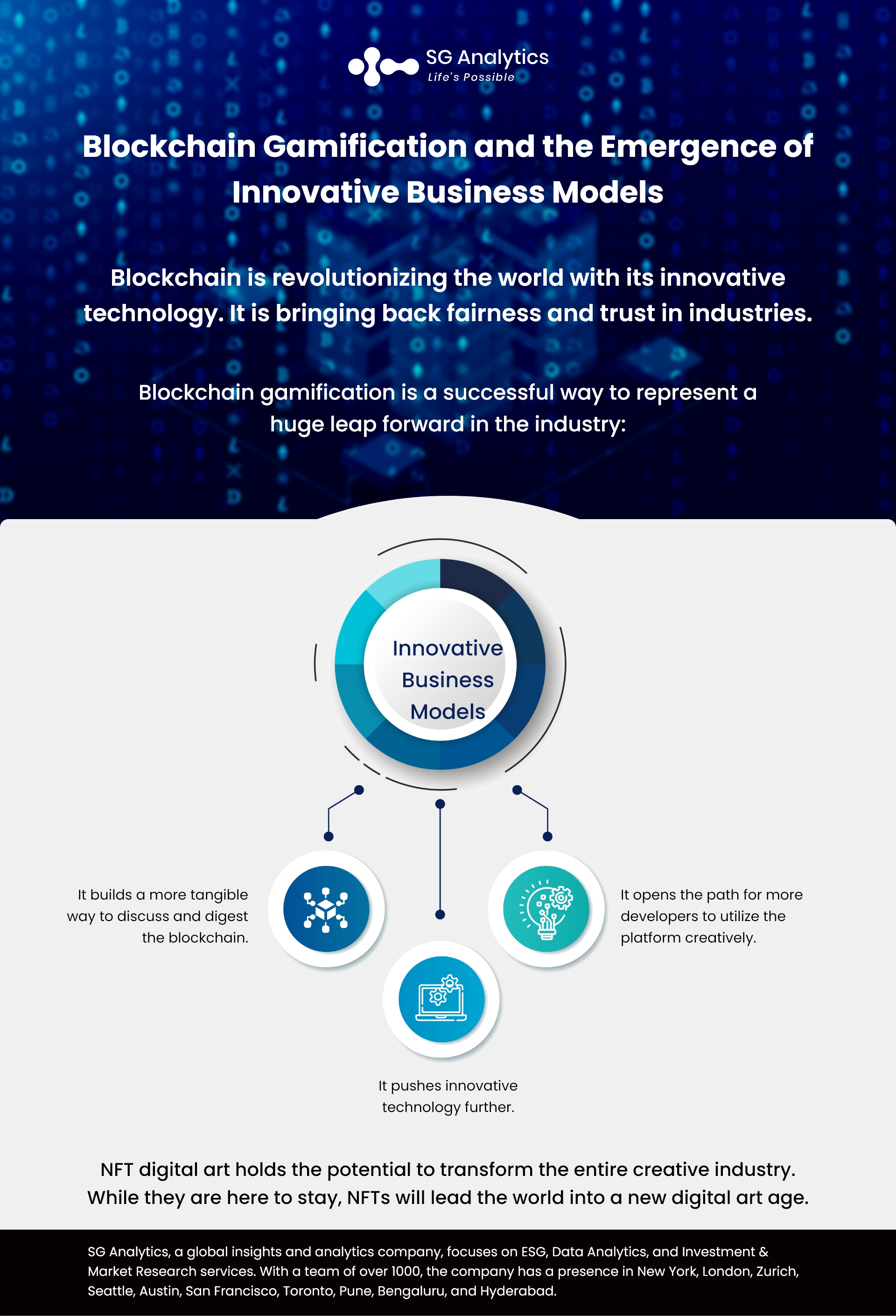While everyone is well aware of the metaverse, another trend that is being perceived as pathbreaking is the gamification of tasks and experiences.
The gaming sector is already a giant market with over 3 billion players worldwide. The gaming industry has undergone dramatic changes over the years. With the introduction of innovative tech, the masses gained access to gaming devices that can be used at any time. Pandemic acted as a great inward push, leading to enhanced virtual reality and remote work opportunities. This ended up speeding up the timelines for developing and adopting these technologies. This mass adoption has even revolutionized the way gamers interact with their close circle.
Today, following the footsteps of the global gaming industry, businesses are sinking their hands into crypto, NFT, and blockchain. While distributed ledger technology is not the most user-friendly, blockchain gamification is enabling organizations to bridge this user gap.

Gamification: Unlocking Opportunities for Billions
Gamification is a paradigm and innovation premised on applying gaming mechanics to non-game settings. This helps in adding the benefits of creative game designs and disruptive effects challenging the conventional approaches. Gamification is emerging as a new innovation that is changing the face of multiple organizational operations.
Blockchain is revolutionizing the world with its innovative technology, and many industries are adopting the changing trend rapidly. Several industries are embracing gamification to engage their users better. Marketing departments are employing gamification in their marketing activities to reduce customer churn. Instead of offering coupons and renewable benefits, businesses are revamping their marketing campaigns by integrating cutting-edge technologies.
Blockchain tech is powering businesses to offer secure record-keeping and promote transactions through cryptocurrencies, making it suitable for such applications. They are also offering blockchain-enabled tokens as loyalty rewards. Multiple industries are already establishing new channels to influence the potential of blockchain-based solutions and the possibilities of gamification.
Blockchain is also enabling businesses to safeguard their customers from the increasing cases of online identity theft. Anonymity is one of the primary features of digital currencies, enabling customers to engage with brands and enjoy loyalty programs without providing their personal information.
Read more: NFT Digital Art: The Technology that is Transforming Creativity

Why Gamification is Critical for the Future of Businesses
Blockchain technology authorizes any activity to become gamified. It will make any task more interesting by offering additional token-based incentives.
Blockchain technology will also bring a streamlined experience to advertising and marketing campaigns as well as loyalty programs. At the same time, the campaigns are challenging to manage both for the company and the clients. And the lack of a streamlined client loyalty campaign can lead to missed opportunities.
Gamification offers a medium to engage with customers through new rules, risks, and reward systems. Blockchain technology enables businesses to design and follow the set rules to create equitable risk and reward mechanisms. Cryptocurrencies even allow gifts, like those from loyalty programs, thus offering a more financial utility to the user. This concept of digital ownership brings more value to customers’ rewards. Blockchain gamification can play a critical role for practically any business.
Integrating innovative gamification with blockchain in a successful way represents a huge leap forward in the industry for multiple reasons:
-
It builds a more tangible way to discuss and digest the blockchain.
-
It opens the path for more developers to utilize the platform creatively.
-
It pushes innovative technology further.

Digital Ownership of Loyalty Points Through Blockchain Gamification
Rewards from games and gamified campaigns help virtual assets. In video games, items can be acquired by finishing assignments or by conquering rivals. These digital tokens are made accessible to a participant or tied to their accounts. These virtual items carry a form of utility in the games, for which many are willing to pay. The value of digital items is estimated to be around $15 billion. Trading these items is becoming a significant activity for many.
With gamification features and blockchain technology, businesses can incorporate these main ingredients into their marketplaces for the trading of virtual assets. This way, the user can have blockchain-enabled virtual ownership. This will not only help enhance the virtual item industry, but by connecting it with other sectors, organizations can boost their market capitalization.
Employing blockchain in businesses that trade in relevant loyalty programs will help to eliminate unfair dealings due to the transparency it delivers. It will assist in establishing and monitoring the mechanisms as well as the transparent records of digital campaigns.
Read more: NFTs: The Future of Payment and Loyalty Programs
Gamification: The Emerging Industry Driver
Today, blockchain has become a technology buzzword. It is common to hear just anything associated with the blockchain. In certain aspects, the word 'technology' is not even vital. Simply adding 'blockchain' to a company name is becoming a strategy in itself. However, the gaming industry is advancing and making a lot of sense when it comes to integrating the blockchain in its core functionality.
Collecting has been an integral part of gaming for decades. Pokémon Go, a wildly popular augmented reality craze, focuses on collecting rare characters. However, Pokémon Go does not use blockchain. The collection of things, like paintings, baseball cards, or Pokémon characters, is about the providence of the item and their scarcity. But achieving these digital items remains a hurdle to overcome.

The solution is inherent in blockchain technology. A standard token on Ethereum ERC 721 provides guidelines on completely unique tokens. With completely unique tokens, the creation and distribution of digital assets on a blockchain is emerging as the digital version of printed or manufactured items. Every piece or token is technically a unique item, the rarity of which is specific to its print or design. With blockchains, transactions are secure, decentralized, and scalable. Pioneering ecosystems like Bitcoin and Ethereum are focusing on security and decentralization.
Blockchain is bringing back fairness and trust in industries. Blockchain gamification in other industries is possible. With blockchain technology, corporations can engage with their employees at a deeper level as well as measure and incentivize their operational habits. This will enable companies to stop missing out on probable candidates and recruits. Today, job applicants must fill out multiple forms to apply for a position. A recent study highlights that applicants who begin a long job application often end up abandoning it midway. If companies incentivized their applicants with tokens, there is a possibility of the tasks becoming tolerable and interesting.
Read more: How Will the Global Crypto and Stock Markets Recover from the Inevitable Doom Loop?
Key Takeaways
-
Blockchain is revolutionizing many industries, especially the gaming space, by offering players crypto gamification and financial rewards.
-
With NFTs, just like the gaming industry, businesses are successfully offering an array of benefits to their customers as well as employees,
-
Blockchain gamification is leading to the formation of a community.

Laying a Foundation for the Future
The world today is taking gamification out of gaming and integrating it into real life, including in the workplace. By uniting all these new technologies, enterprises are exploring blockchain-enabled gamification technology to broaden their operational horizons and transform their business.
The missing piece of this puzzle is connecting the digital operation. The recent developments are bringing to light the emergence of new specialized applications. By crafting a secure and functional method, blockchain can power the foundation of gamification elements.
Blockchain gamification in other industries is achievable with applications designed to integrate elements behind the gaming industry's success. With blockchain technology, other areas can influence the winning traits of the gaming industry. With blockchain technology continuing to disrupt every element of business as well as our daily lives, gamification is expected to follow suit.
Where will this gamification lead the industry next?
Perhaps on the most exciting track. The entertainment industry uses technology in new and creative ways to power innovation. Whether it is through blockchain games like CryptoKitties, Pokémon, or something else, this gamification promises excitement, even past the year of the blockchain. By incorporating and carrying out smarter and more flexible loyalty campaigns, businesses can create and retain their happy customers.
With a presence in New York, San Francisco, Austin, Seattle, Toronto, London, Zurich, Pune, Bengaluru, and Hyderabad, SG Analytics, a pioneer in Research and Analytics, offers tailor-made services to enterprises worldwide.
A leader in the Technology domain, SG Analytics partners with global technology enterprises across market research and scalable analytics. Contact us today if you are in search of combining market research, analytics, and technology capabilities to design compelling business outcomes driven by technology.









